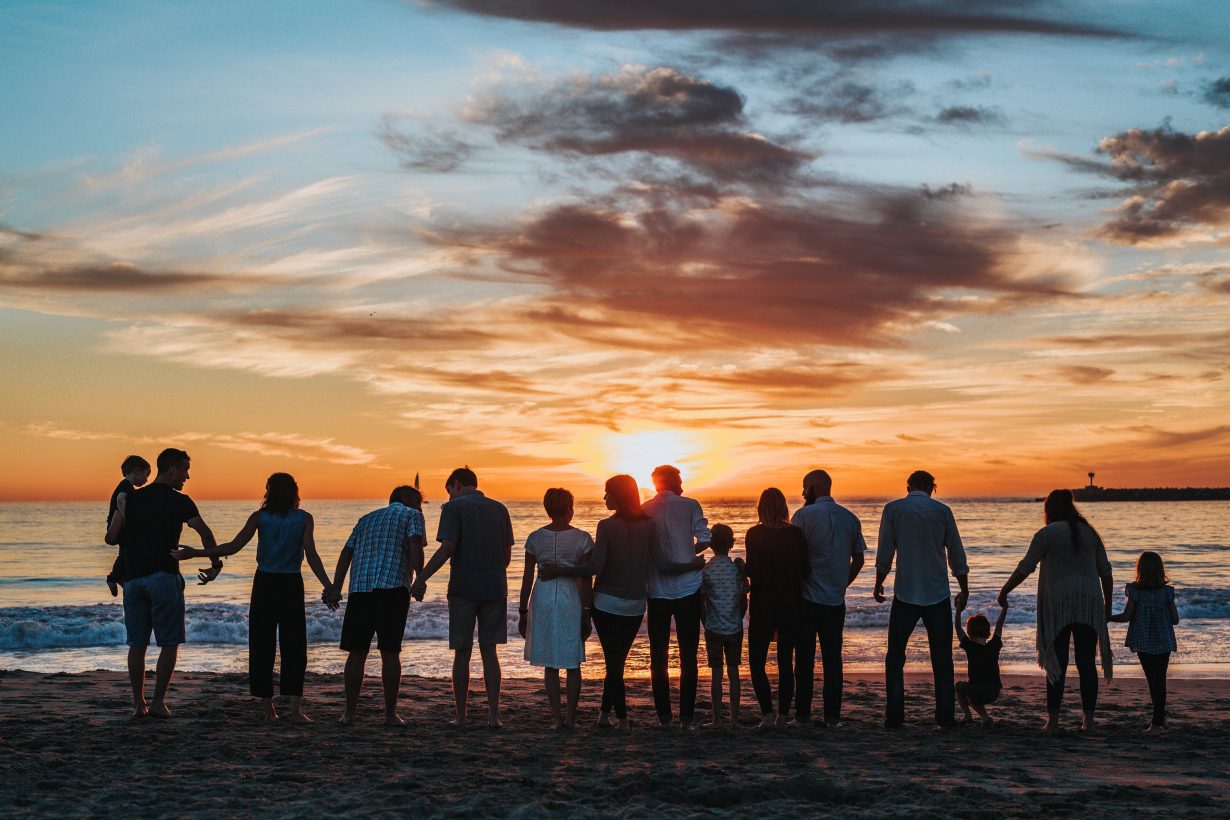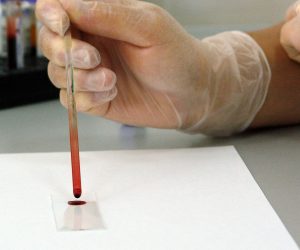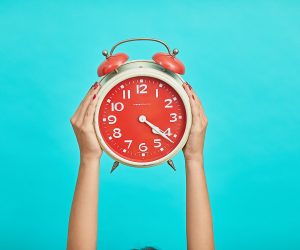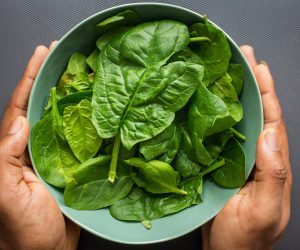
Why the Self-Help Industry is Contributing to the Loneliness Epidemic & What We Can Do About It
Dr. Caroline Leaf – We need to understand that it’s not just about us; it is about us in the world. If we truly want to help ourselves, we have to be intentional about our “social health”. This means being connected in deep, meaningful ways, not just cursory lunches, obligatory meetings or the odd “hello” now and again.
The self-help industry appears, from its name alone, to be a good thing: who doesn’t want to help themselves? Who doesn’t want to be more independent and self-sufficient? However, as I discuss in this week’s blog and podcast, it does have a darker side, and can often make us more self-involved and isolated, which, in turn, can have a negative impact on both our mental and physical health.
In many cases, the $45 billion dollar a year self-help industry is problematic because it promotes the idea that to be better you have to focus on the self as an individual, which is only half the picture. Yes, we do need to take the time to see to our own health and work on ourselves, both mentally and physically (as I have mentioned many times before!), but this is not the be all and end all of life. A “me, myself and I” mentality tends to distort our perspectives and values, impacting the way we see and interact with those around us and setting up negative feedback loops in the brain that affect our overall health and wellbeing.
Indeed, focusing solely on helping ourselves actually goes against our biology and the design of the brain, as I discuss in my book, Think, Learn, Succeed. We need each other to be better; we need each other to heal. People can and do die from loneliness, while research shows that the more we use “I” words, the more we increase our risk of dying of heart disease! This is serious stuff.
Community is so important. Let’s look at Japan for example: they have some of the highest rates of smoking among men (which we all know is not the best for our health!), but they also have one of the healthiest populations, with the most centenarians. What is going on here? According to research, one of the main factors is community: Japan is an incredibly connected culture with a strong community focus, which appears to have helped offset some of the risks associated with lifestyle choices such as smoking and high blood pressure. However, this study also found that when people from Japan moved to America and adopted the more individualized social mores of the country, their risk for heart disease increased by 3 to 5 times!
This individualization has in many ways led to a social system that locates all our successes, and all our problems, in between our ears. Mass shootings, for instance, are often seen as the result of an individual’s particular issues. But this is just one side of the coin; we need to recognize and respond to the societal ills that also impacted this person’s choices, and we need to acknowledge how we are all connected and what we say, think and do matters (whether we like it or not). Likewise, the increasing rates of suicide are not just an “individual” matter; in many cases, they reflect the widespread isolation and loneliness that millions suffer from today. It’s not just all “in the head” (for more on loneliness and suicide, see my recent podcast).
We need to understand that it’s not just about us; it is about us in the world. If we truly want to help ourselves, we have to be intentional about our “social health”. This means being connected in deep, meaningful ways, not just cursory lunches, obligatory meetings or the odd “hello” now and again. It means being deliberate about how and why we connect with others, and making this a habit in our lives. This is integral for our mental, physical and emotional health, and is more important than any diet, exercise plan or brain game, as recent research from the University of Exeter has shown. The more we are involved in a social group, the less our risk of death is from all causes, while relationships of any kind have been shown to improve our chances of survival by up to 50%!
It is also important to note that, when it comes to the notion of “self-help”, we are actually not meant to be happy all the time. In my practice, my travels and in my research, I have often observed that many people equate individual happiness with the good life, and pursue it as an end goal. And, when they don’t get what they want, or when positive affirmations and self-help techniques do not “work”, they are at a loss, and think they are not good enough and cannot be fixed, which creates all sorts of identity and mental health problems! Yes, it is good to be happy, but that is not all life is, and it is perfectly okay to experience other emotions like sadness and grief when things don’t work out (which often happens, since we do not control everything), and learn from these experiences—this is often how we grow and mature as human beings. It’s okay to feel sad; these emotions are signals that we actually need to listen to, not suppress or cover with “happiness” (for more on this, see my recent blog). We really aren’t designed to be happy and get what we want all the time!
Living for the self, which unfortunately our society tends to promote, is incredibly destructive and toxic, especially since we merge with the world around us. We need to be connected to not only survive, but also to thrive: deep, meaningful connections are our deepest need. We need to stop thinking that asking for help is a bad thing. We don’t have to feel guilty if we need to reach out to others; we need to balance working on ourselves with reaching out, being vulnerable and connecting with others. This brings perspective and helps us move through and overcome the issues of life. We all need to share, and we all need to listen and help others in a non-judgmental way, which, amazingly, helps us heal as well. Close relationships from childhood and into adulthood have actually been shown to offer lifelong protection against all kinds of illnesses, including heart disease! Loving support helps us deal with toxic stress, making it work for us and not against us, boosting our mental resilience and helping us cope with the vagaries of life.
So, how can you focus on your “social health”?
1. Are you spending quality time with your family? Do you do fun things together? Do you support each other? Are you listening and tuning into their needs? Do you put down your phone when you are speaking with a family member? Think of ways you can start doing this today.
2. Join or start a social group. Start a volunteer group or a book club, join an exercise class and make friends, go to talk therapy, or help someone you know who is hurting. The opportunities to reach out and foster community are endless!
3. Count how many times you use “I” words like me, myself, mine and so on in a 24-hour period, and aim to reduce this. A journal can be helpful to keep track of what you are thinking and saying, which makes it easier to change the way you speak about yourself.
4. Make an effort to be aware of what people around you are going through and make an effort to reach out and help them, even if that just means listening to them and being there for them as they cry. If you are so involved in helping yourself, you will often miss the needs of those around you, so make an effort to reach out to the people in your life.
5. Make random acts of kindness an important part of your day. Take the time to drop off lunch for a loved one, pay for a stranger’s coffee, help someone carry their shopping bags, text someone how much you appreciate them, compliment someone on their outfit or hair—the list is endless.
6. Check if you have a competitive “me, myself and I” philosophy. If this sounds familiar, work on this, as it can impact the quality of your relationships and connections with others.
7. Manage your toxic stress. Are you consumed with your own issues? Often, learning how to manage our stress levels can help us be kinder to others, which will improve the quality of our relationships and our ability to connect with others. My new app Switch is a great tool for helping you go through this process. It is based on my 5-step program, which is designed to help you identify and eliminate the root of your toxic stress, and help you build a healthy new thinking habits through the mental process of reconceptualization.
The deep human need we have as individuals to connect cannot be ignored or suppressed. It is an integral part of our overall health and wellbeing, and plays a key role in mental self-care. It is often the central determinant in whether we are sick or healthy, or whether we live and die. So, I challenge you today to make community an important part of your life. I know it can be hard, and I know it is often challenging to open yourself up to others, but the risks are worth it!
For more information on the self-help industry, loneliness and mental health, listen to my podcast (episode #95).
To read the original article click here.
For more articles by Dr. Leaf click here.






